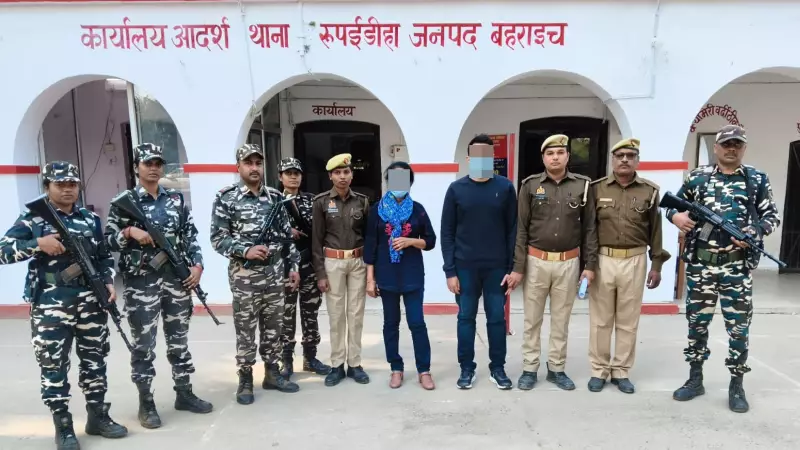
Medical Curiosity Leads to Legal Trouble at India-Nepal Border
Two British doctors specializing in audiology found themselves in a Uttar Pradesh jail this week after an innocent attempt to explore an Indian market near the Nepal border turned into a legal nightmare. The medical professionals, holding British passports but of Indian and Pakistani origin respectively, were detained by border security forces for entering Indian territory without appropriate travel documents.
The incident occurred on November 15 around 10 AM when Sashastra Seema Bal (SSB) personnel spotted the two foreign nationals walking into Indian territory through the Rupaidiha border post in Bahraich district. During routine vehicle checks, the security team noticed the unusual movement and immediately intervened to verify their credentials.
Documentation Issues and Legal Consequences
Upon checking their documents, the SSB personnel discovered both doctors carried British passports and valid visas for Nepal, but lacked the necessary permissions to enter India. The 61-year-old Indian-origin doctor from Karnataka did possess an Overseas Citizen of India (OCI) card, but officials clarified this wasn't sufficient for entry through the specific border crossing they used.
Deputy SP Pradyumna Singh, the circle officer of Nanpara area in Bahraich, explained the legal technicality: "As per the India-Nepal agreement, travel across the Rupaidiha-Nepalganj border is permitted only for Indian and Nepalese nationals — not for persons from third countries, even if they hold OCI status."
The situation became more complicated when security forces discovered one of the doctors was of Pakistani origin, triggering additional security protocols. Both medical professionals were extensively questioned by intelligence agencies before being formally handed over to Bahraich police.
Medical Mission in Nepal Takes Unexpected Turn
The two audiologists, experts in treating hearing-impaired patients, had traveled to Nepalganj on a professional invitation from a private hospital. Their mission involved providing services at an Otology camp focusing on ear-related medical problems. They had been staying in Nepalganj for several days fulfilling their medical commitments when curiosity about the bustling Indian market just across the border led to their unfortunate detention.
During questioning, the doctors maintained they had no ill intentions and simply wanted to explore the vicinity and market area across the border. Despite their explanations, authorities proceeded with legal action under Section 14A of the Foreigners Act, registering a case at Rupaidiha police station that ultimately landed them in Bahraich district jail.
The case highlights the importance of understanding specific border crossing regulations, even for individuals who might assume their connection to India provides entry privileges. The incident serves as a cautionary tale for foreign nationals, particularly those of Indian origin, about the precise documentation requirements when crossing India's international borders.





